Vietnam has produced many types of vaccines for bird flu, foot-and-mouth disease, African swine fever... but farmers still have a "foreign preference" mentality and are wary of quality, causing domestic vaccines to not be widely used.
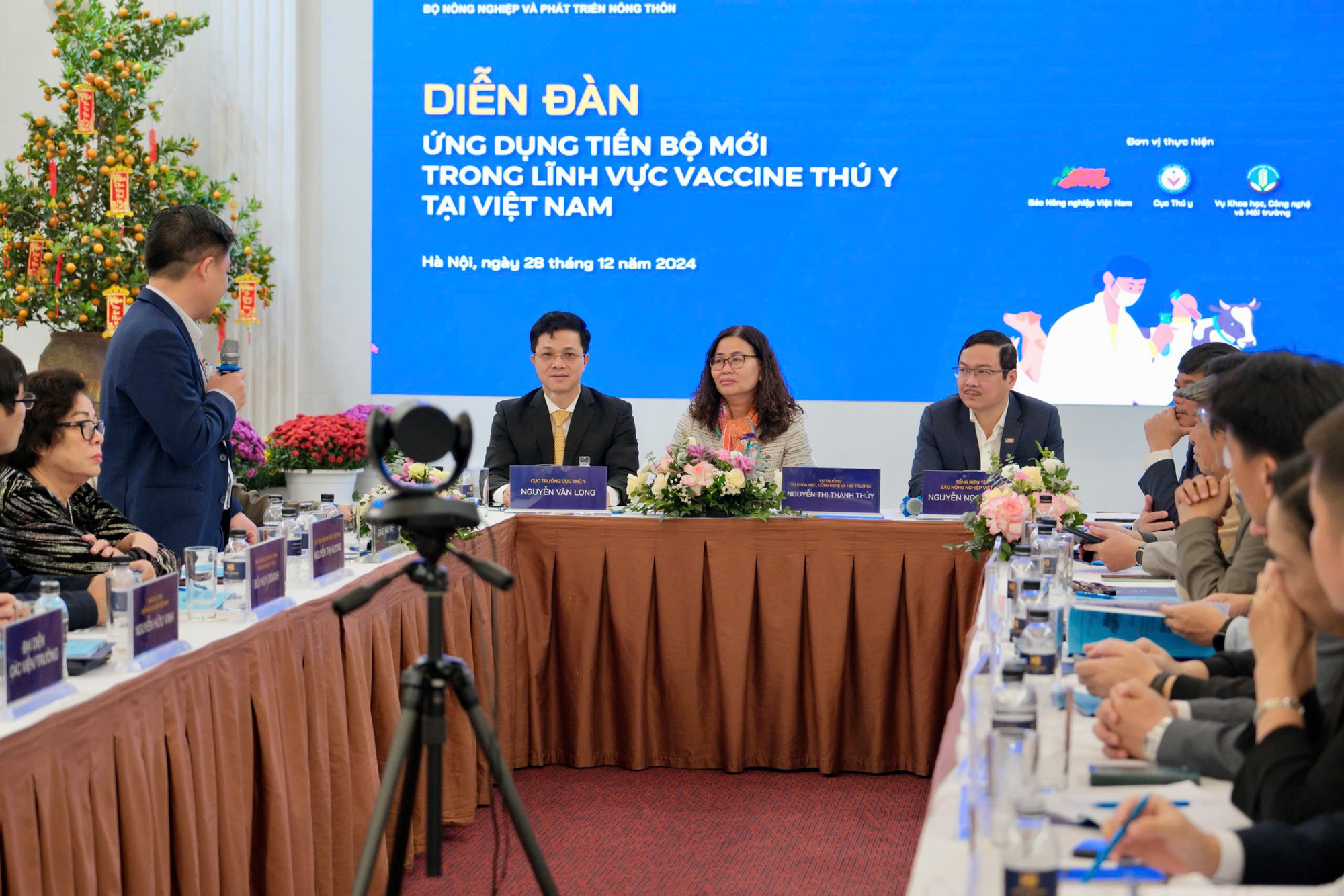
Delegates discuss at the forum - Photo: C.TUỆ
This is the content that many experts and delegates are interested in and discussed at the forum on applying new advances in the field of veterinary vaccines in Vietnam - organized by Nong Nghiep Vietnam newspaper in coordination with the Department of Animal Health, Department of Science, Technology and Environment (Ministry of Agriculture and Rural Development) on December 28.
Mr. Le Toan Thang, Head of the Veterinary Drug Management Department (Department of Animal Health), said that Vietnam has 92 veterinary drug production facilities that meet GMP-WHO standards, of which 12 facilities produce veterinary vaccines.
The country currently has 218 types of vaccines registered for circulation, including some important vaccines such as bird flu, foot-and-mouth disease, and rabies. In particular, in recent years, Vietnam has successfully cooperated in research and production of vaccines for African swine fever.
Compared with countries and territories such as Thailand, Indonesia, Taiwan..., Vietnam is the leading country in the region in veterinary vaccine production.
However, each year Vietnam spends nearly 100 million USD to import vaccines for bird flu, foot-and-mouth disease, blue ear disease, etc.; and produces about 30 million USD, although our production capacity could be improved.
For example, for bird flu vaccines, domestic vaccine production capacity could be more than double, but because some businesses and farmers still have a "foreign preference" mentality, they only produce according to market demand with about 200 million doses, while importing nearly 550 million doses.
Regarding the issue of why domestically produced vaccines are not yet widely used, Mr. Nguyen Huu Vu - Chairman of the Board of Directors and General Director of Hanvet Company - said that practice will prove the truth. If we keep praising the good and the good but people do not use them, we have to review it.
However, there is also a reason that Vietnam's reputation is not as high as that of its "seniors" like Pfizer. Moreover, the production level, especially quality control, is still poor. Livestock corporations do not use it and livestock enterprises do not actively support it.
"In my opinion, the quality of Hanvet's vaccines is probably only about 80% compared to foreign ones," Hanvet's chairman expressed, admitting that the coverage of Vietnamese vaccines is still relatively low.
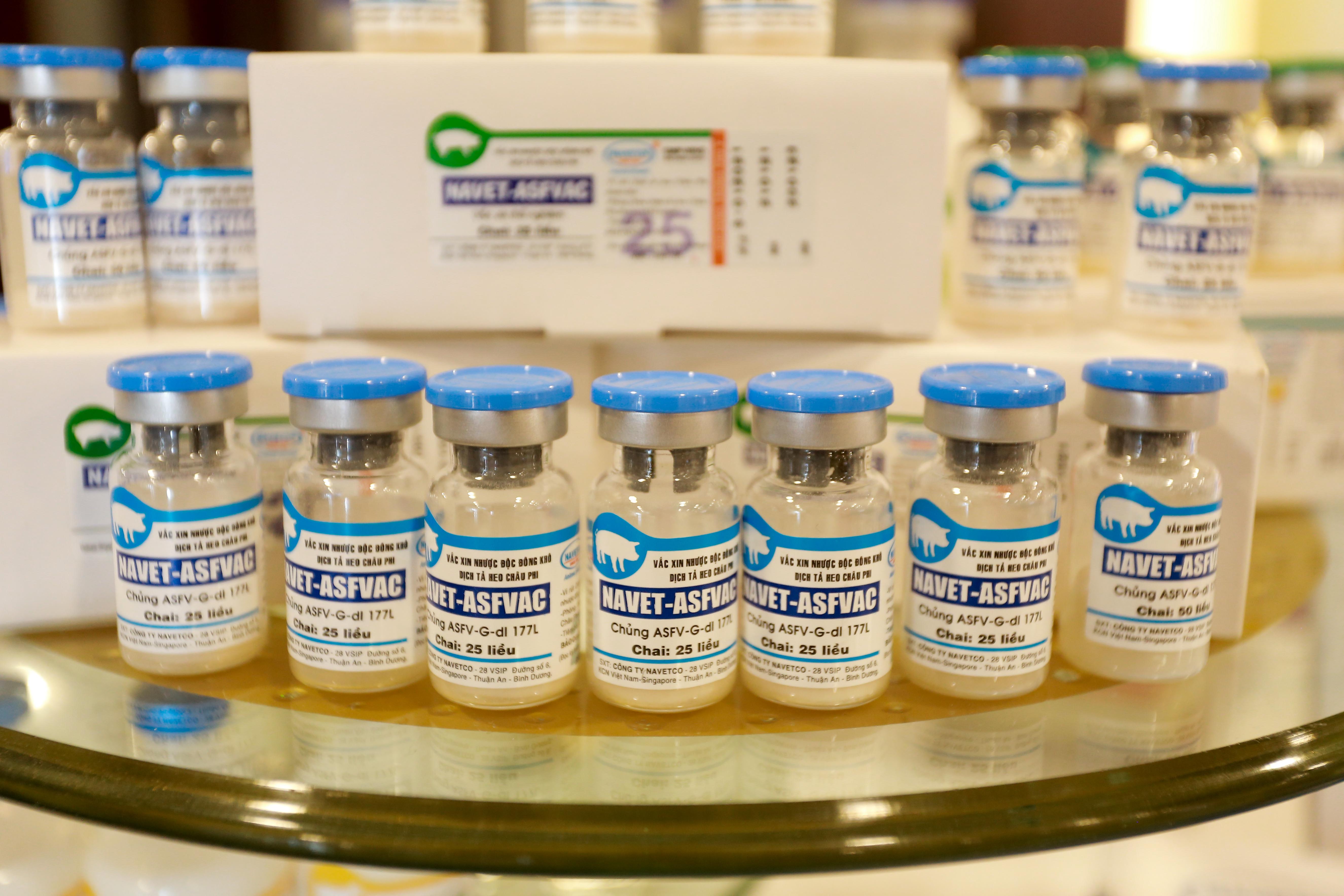
Vietnam is the only country that has successfully produced an African swine fever vaccine - Photo: C.TUỆ
Dr. Nguyen Thi Huong, President of the Vietnam Veterinary Science and Technology Association, also said that the "foreign preference" mentality when using vaccines is a bottleneck in promoting and using domestic vaccines.
According to Ms. Huong, in addition to improving the quality of vaccines from domestic enterprises, it is necessary to strengthen propaganda so that as many people as possible know about domestic vaccines and their capabilities.
"Quality creates a brand. When domestic vaccines have guaranteed quality, we really need the support of farmers," said Ms. Huong.
Mr. Phan Quang Minh - Deputy Director of the Department of Animal Health - affirmed that vaccination is still the most fundamental solution to prevent diseases in livestock farming in our country. The use of domestic or foreign vaccines depends on many factors, including history, habits, consumer psychology, price or communication work.
Recently, many FDI enterprises have been using vaccines in chains, along with breeds, veterinary medicines and many other technologies. Therefore, the penetration of vaccines into this target group is facing a lot of competition.
"Perhaps we need to continuously improve the quality, marketing and price of domestic vaccines, to reverse the current 30-70 ratio," Mr. Minh emphasized.
Source: https://tuoitre.vn/vi-sao-nguoi-chan-nuoi-sinh-vac-xin-ngoai-hon-vac-xin-viet-20241228192153421.htm








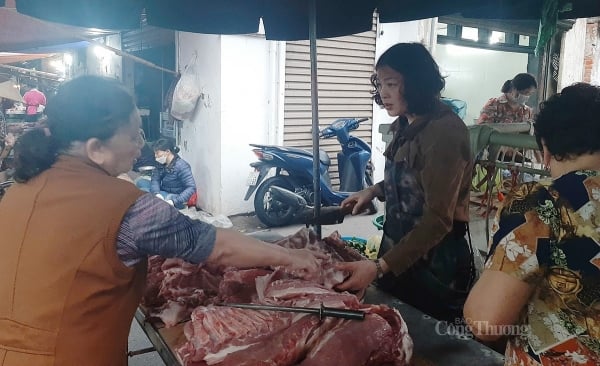

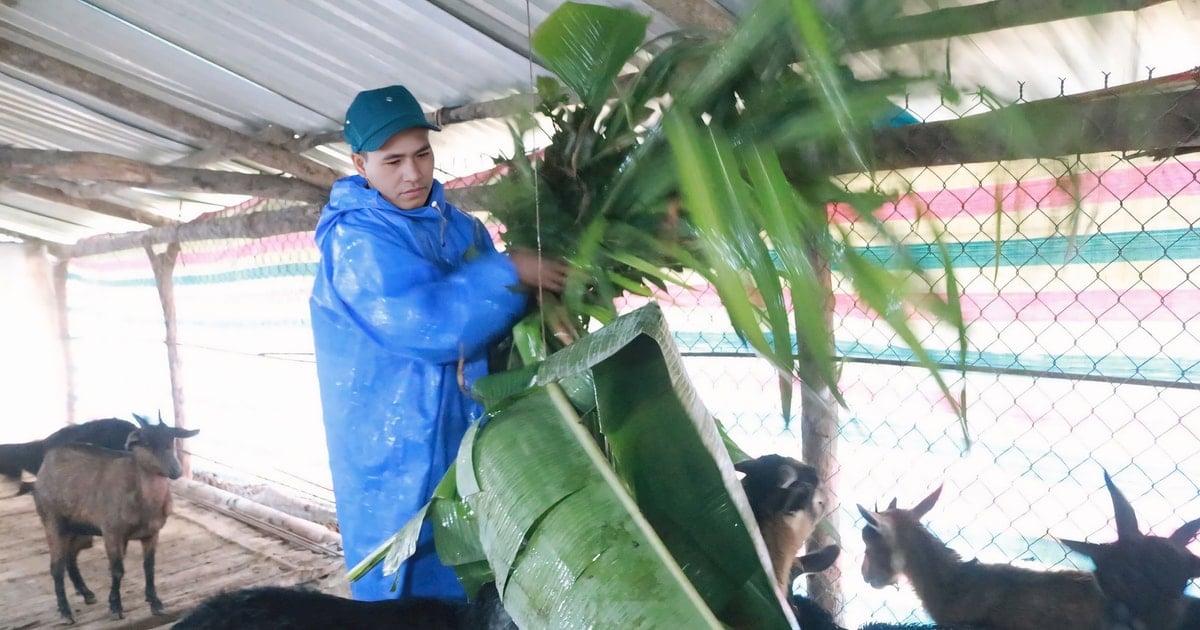









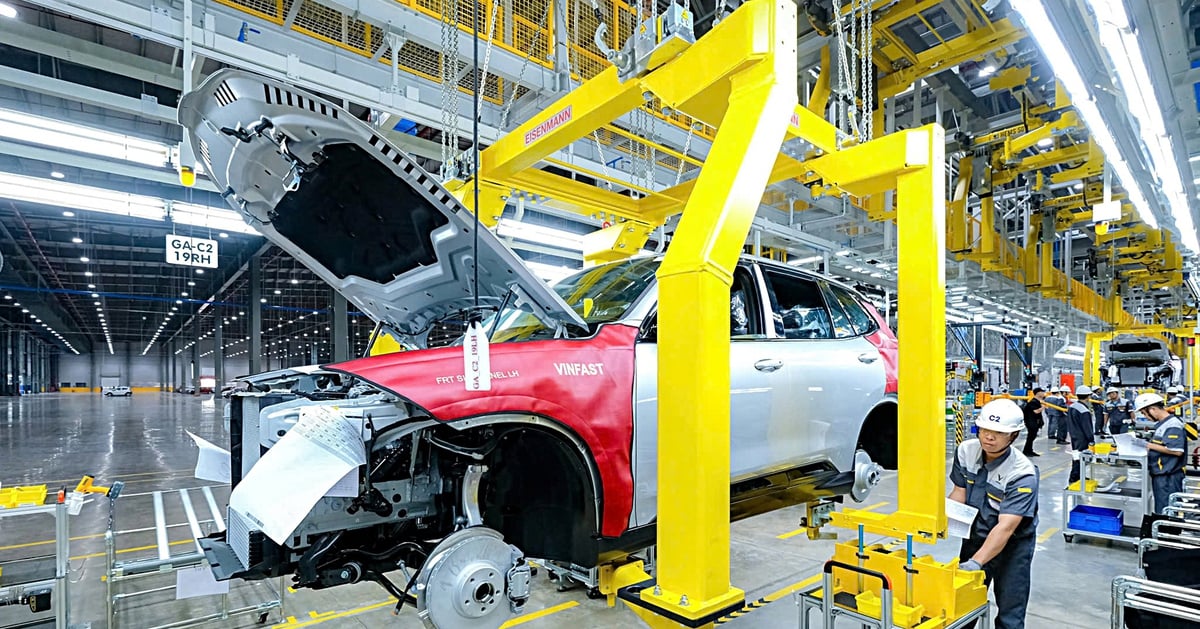


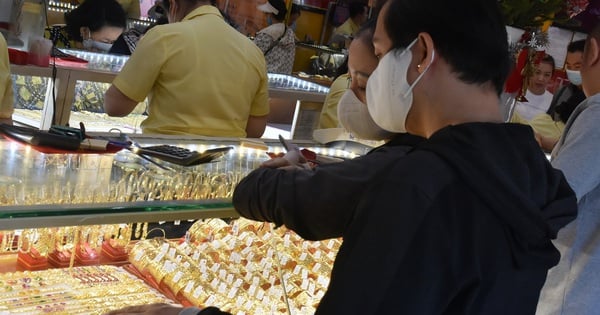

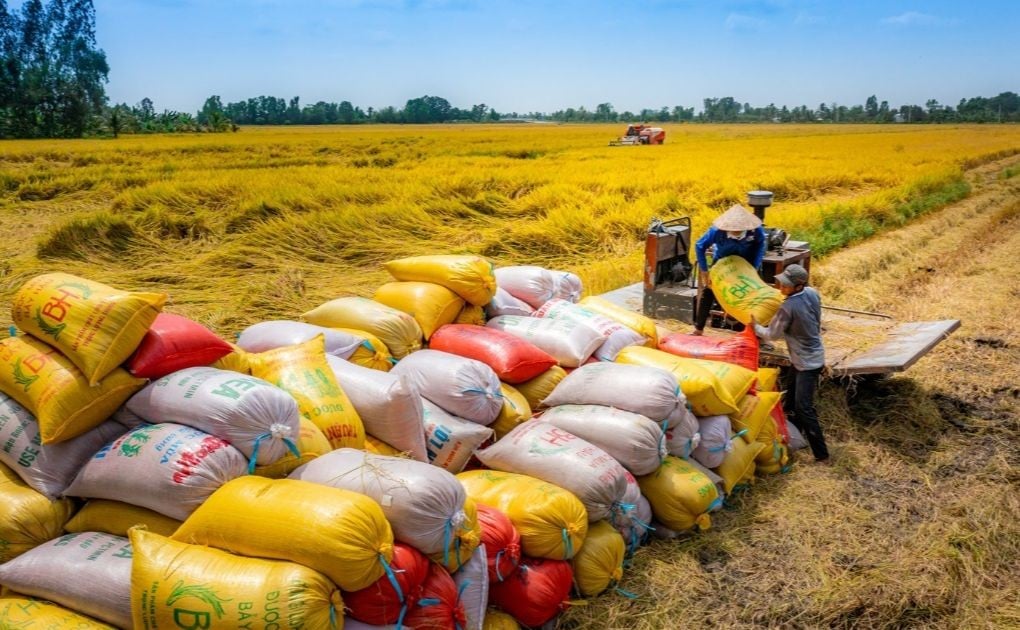



















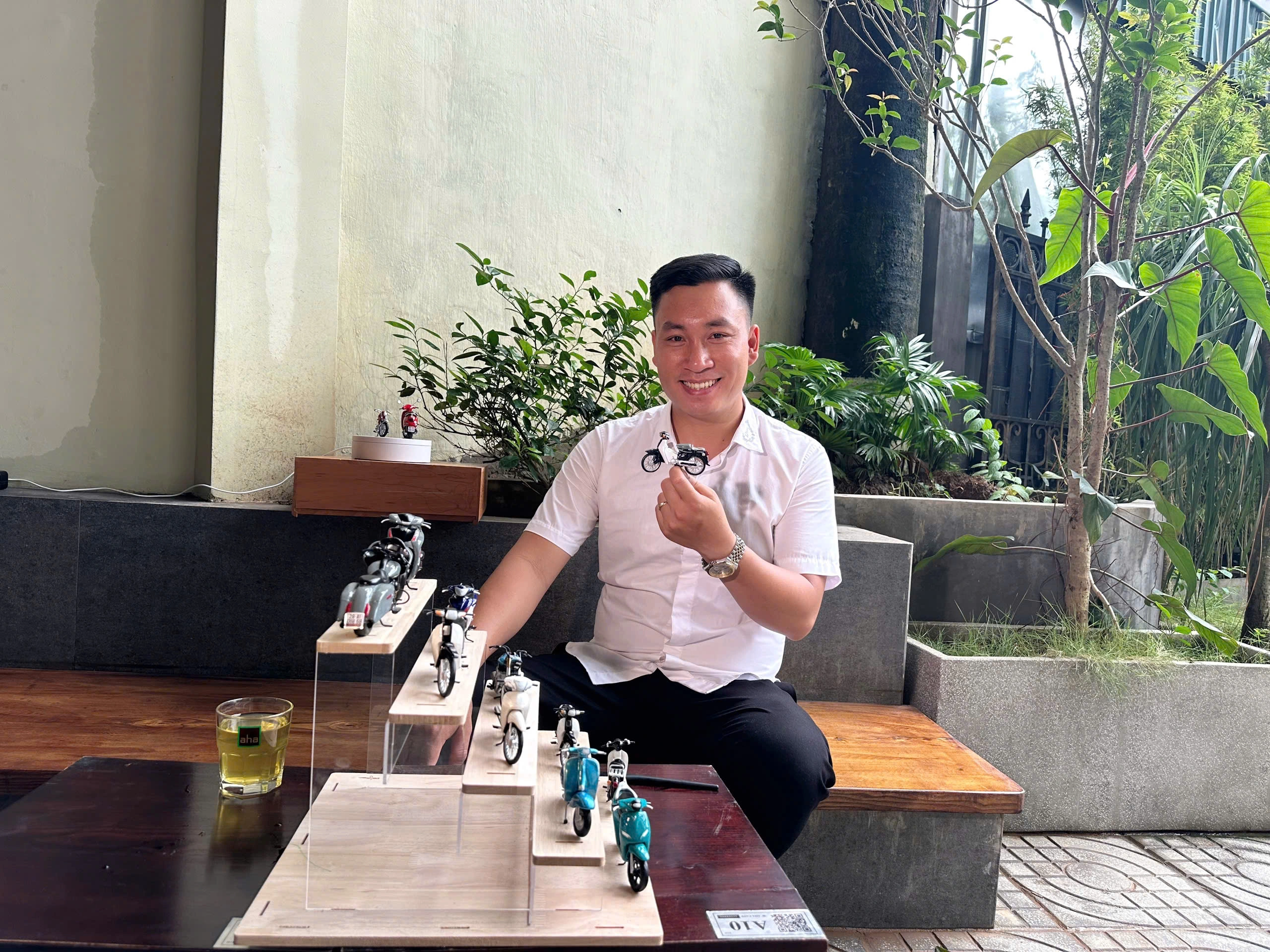



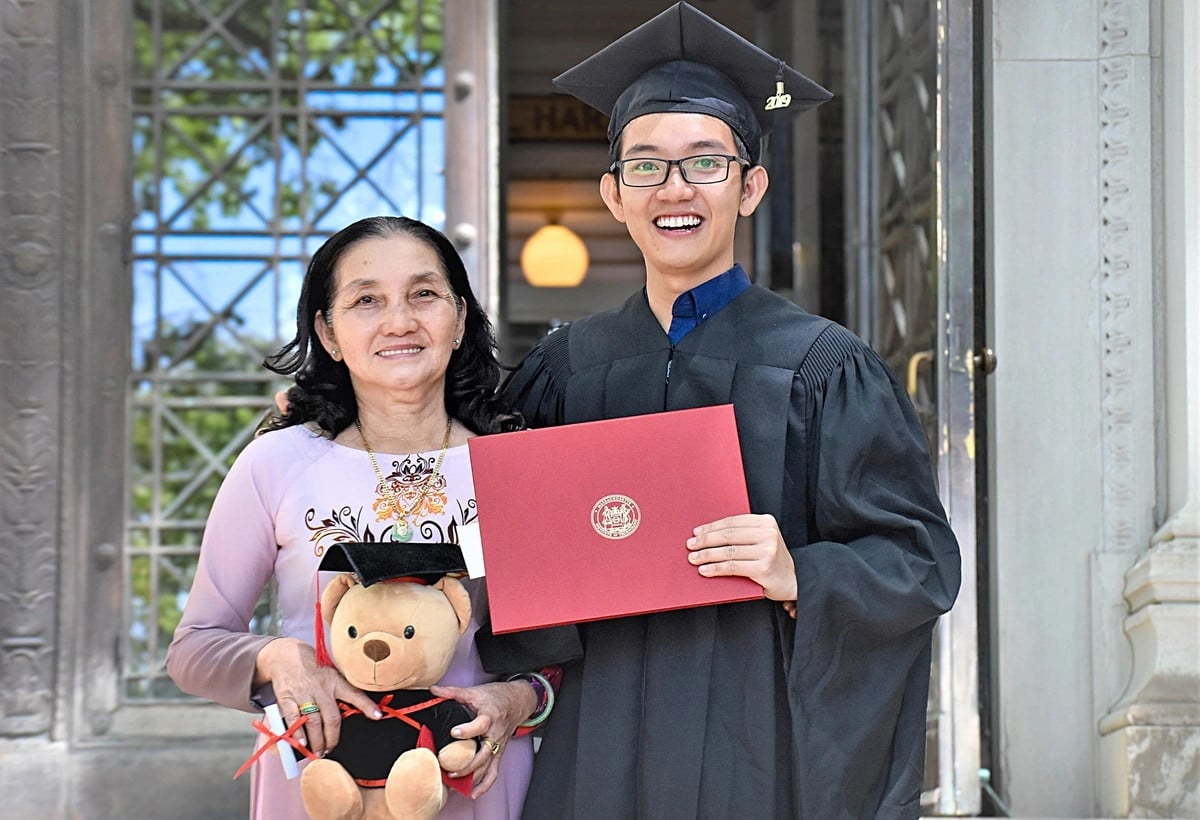

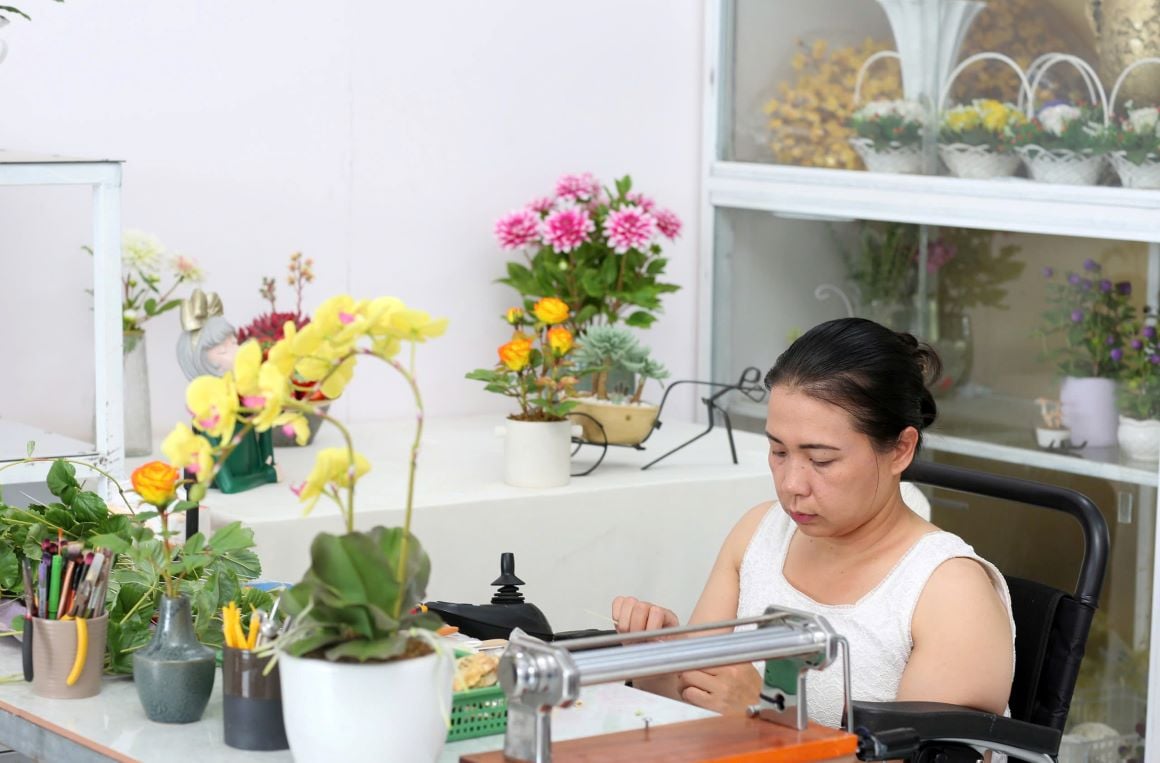












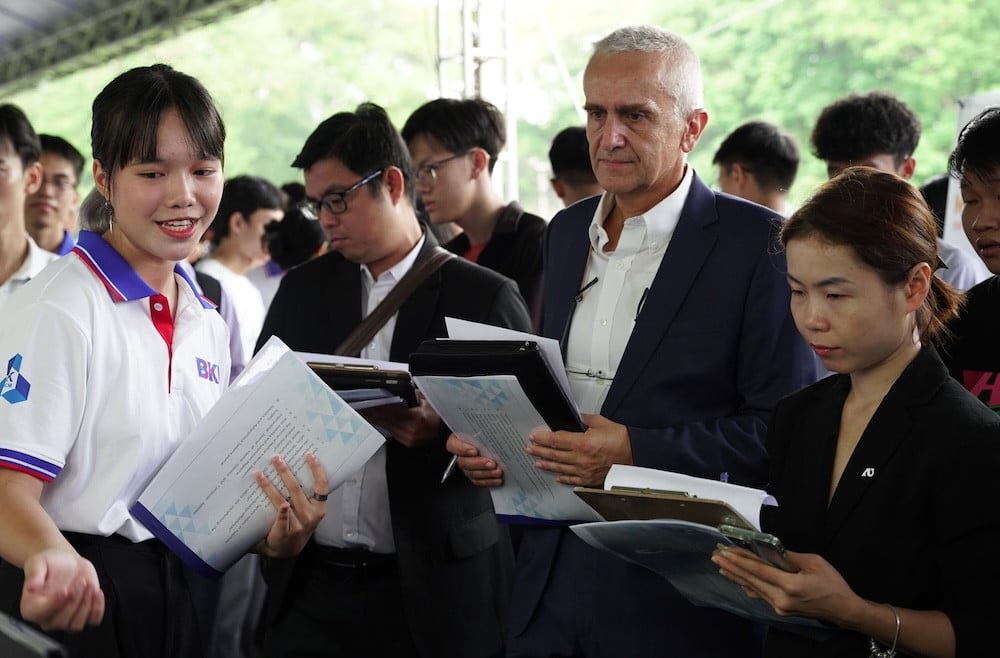



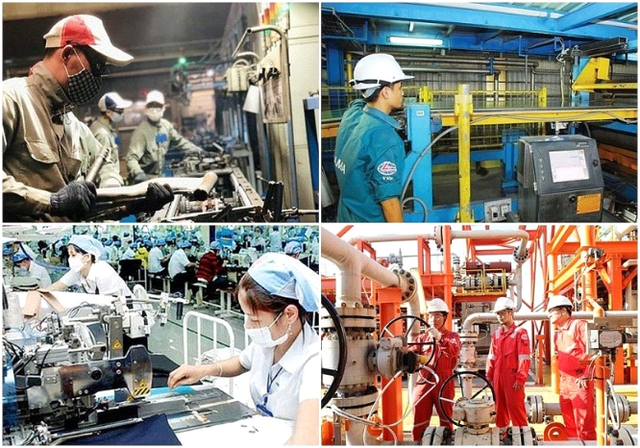











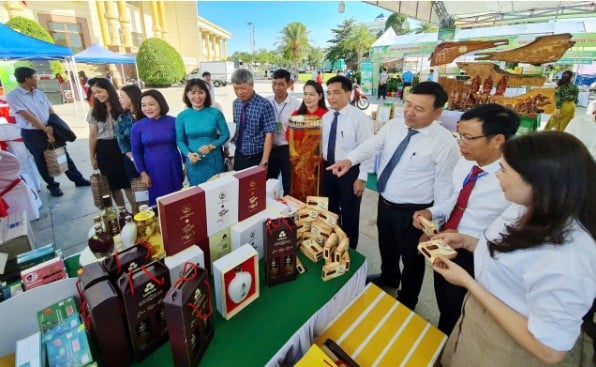





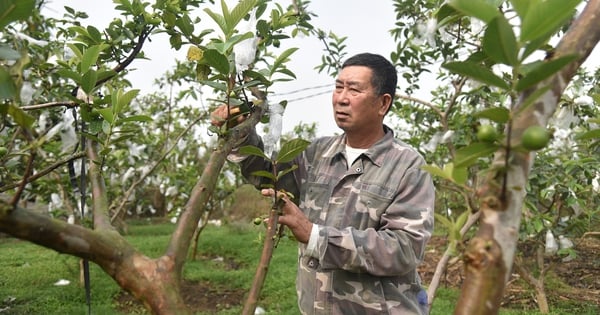

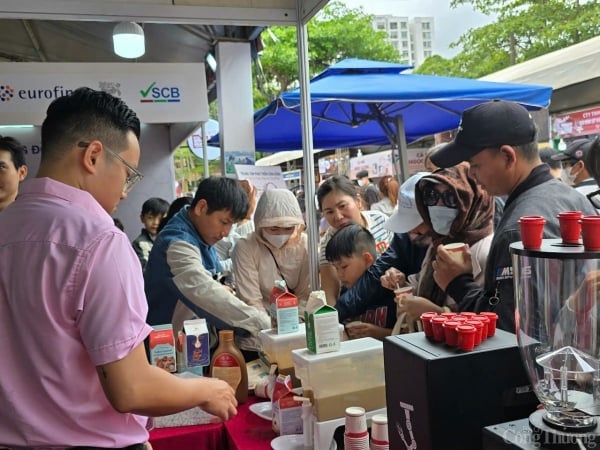
Comment (0)